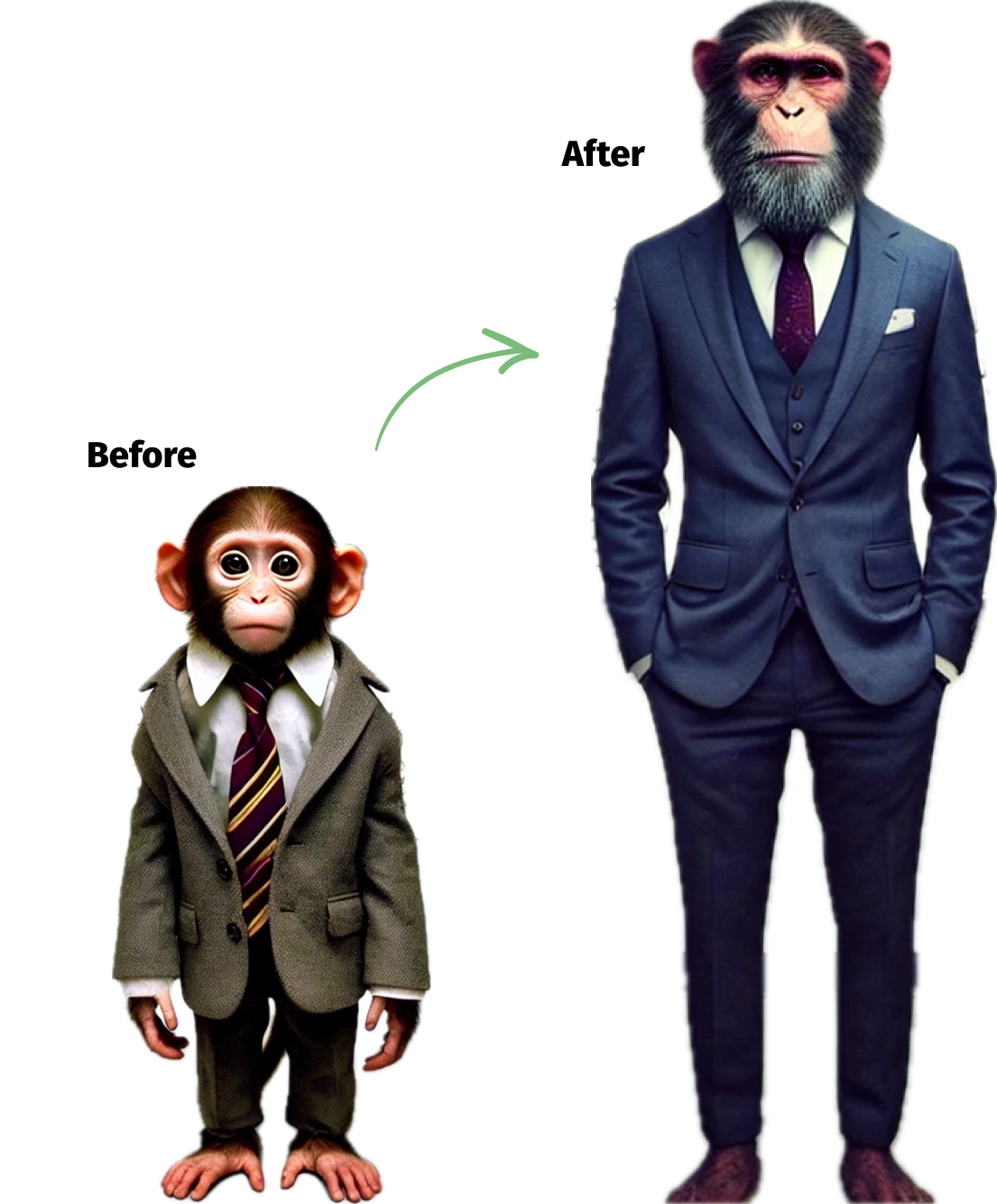Relationship- and fairness- focused, the Warm negotiator avoids conflict and builds trust; but can find it hard to say No.
Driven by winning. Assertive and determined, the Tough gets good deals – but breaks too many deals by being too greedy, inflexible and sometimes rude.
Believes that analysis is the answer. Well-organised and equipped with all the facts and arguments, the Numbers negotiator can miss out on emotional cues and is often inflexible.
Creative, persuasive, and inventive, the Dealer loves to do deals – but perhaps at any price, and often without a firm grasp of all the details.
The suggestions above are only small modifications to the optimal way to negotiate, and Styles are only a small part of our training. If you want to know the right answers to each of the questions in the quiz; if you want to become an elite negotiator; then Contact Us about our Training Courses and Consultancy.
If you want to run a more advanced Style diagnostic quiz, and our AI diagnostic, for your team, contact us.
We will contact you ASAP

The Monkey is one of the vivid images we use in our training to make a key concept memorable. This image in particular has become a totem for our firm: a toy monkey attends every course, and the BBC made a documentary about us titled The Monkey Man.
A “monkey on your back” is a problem you have – in negotiation terms, that makes you want a deal even on bad terms. E.g. you’re under time pressure / you don’t have any other offers / you think the quality of the other offers is poor.
Monkeys lead most negotiators to underestimate their own relative power and so negotiate too ‘chicken’. And there is a structural reason for this error. – When you look at your own situation you are only too aware of your own monkeys. But the other party may not be aware of these factors.• At the same time, the other guy has problems too – and he isn’t going to tell you about the monkeys on his back as this would only weaken his position. • So you have a distorted view of the power balance. It’s distorted because you have taken account of all your monkeys, but have not allowed for the monkeys he almost certainly has on his back – because you don’t know about those. And the distortion is always in the same direction: it always leads you to underestimate your own power.